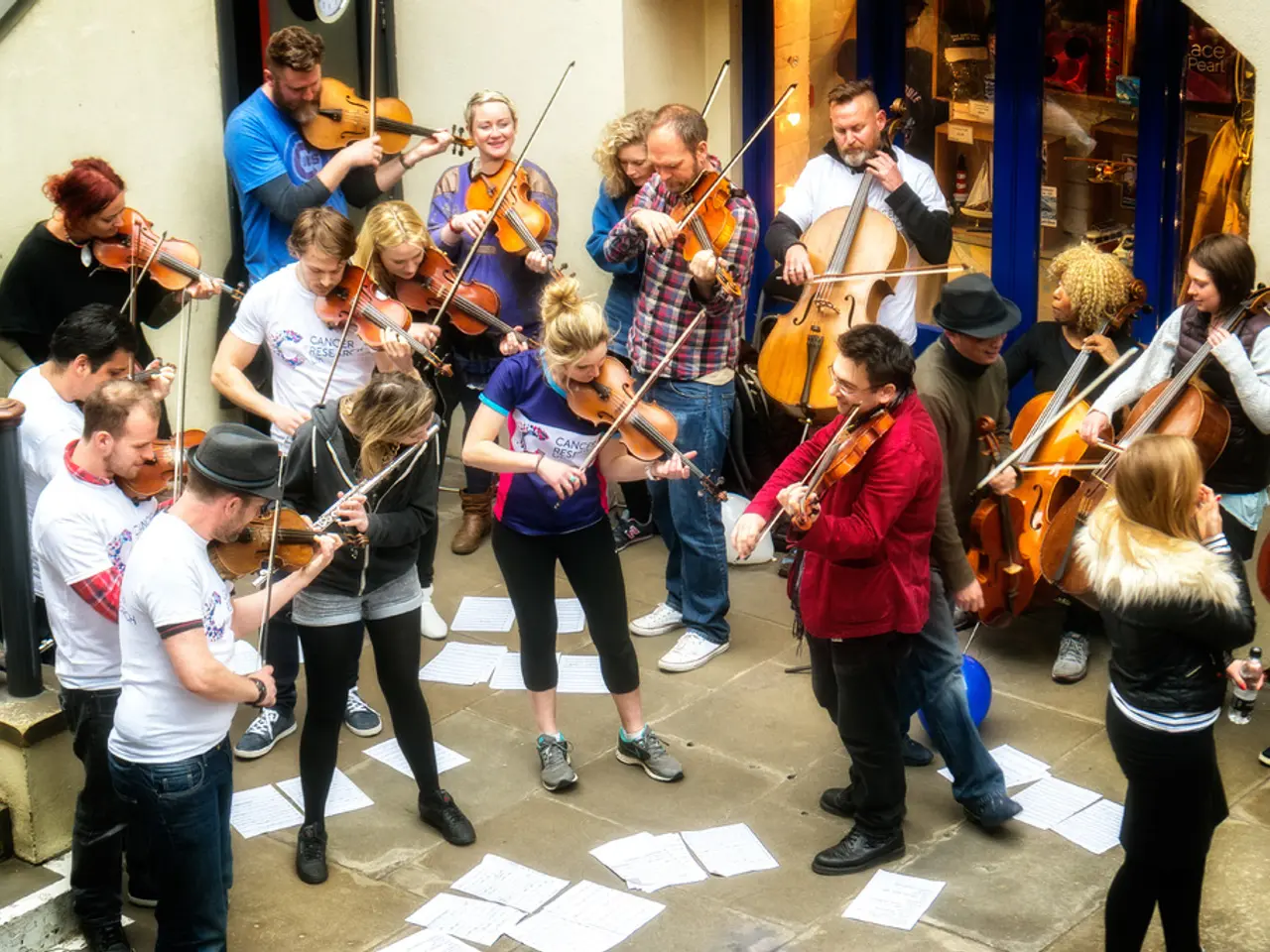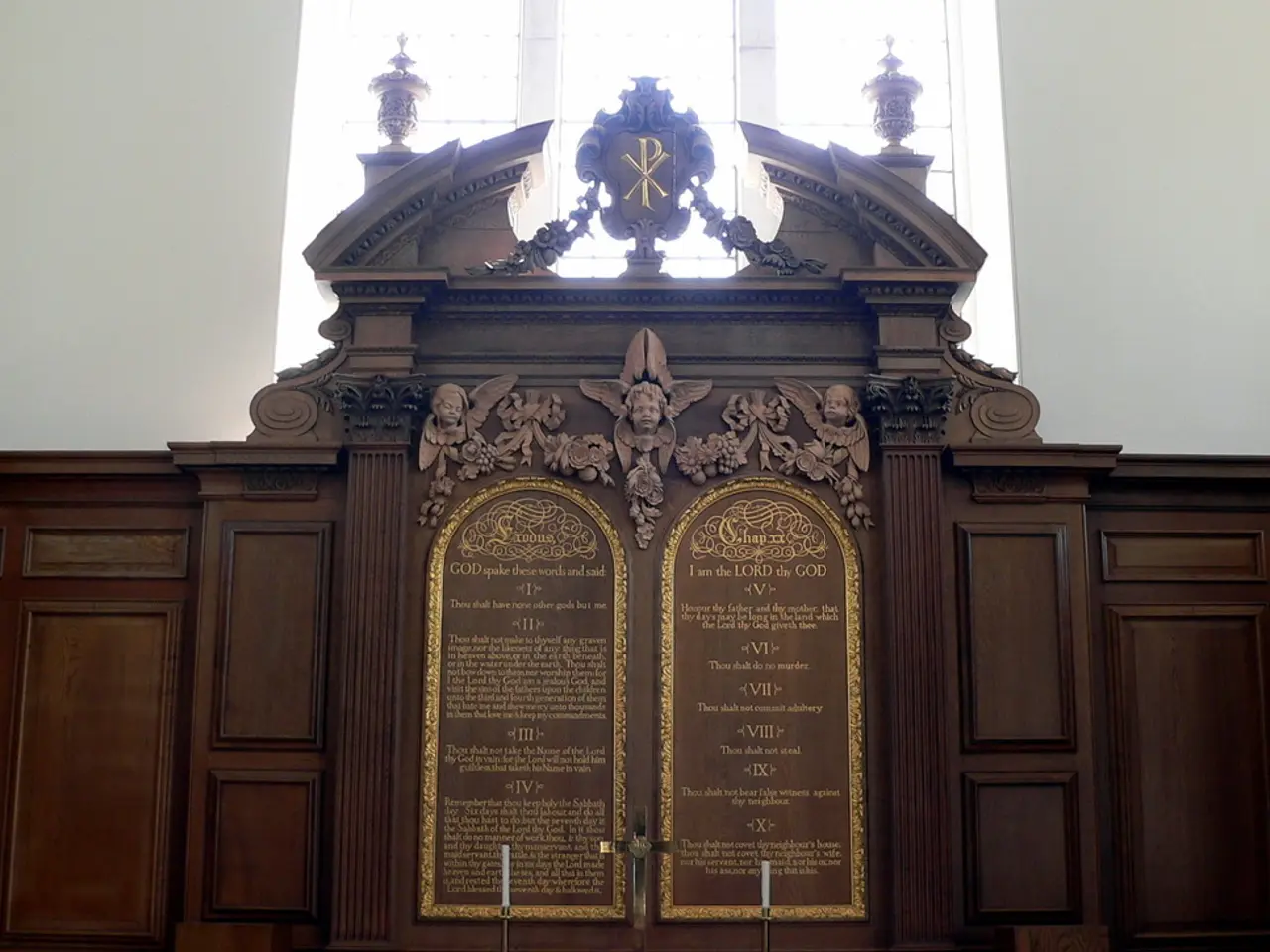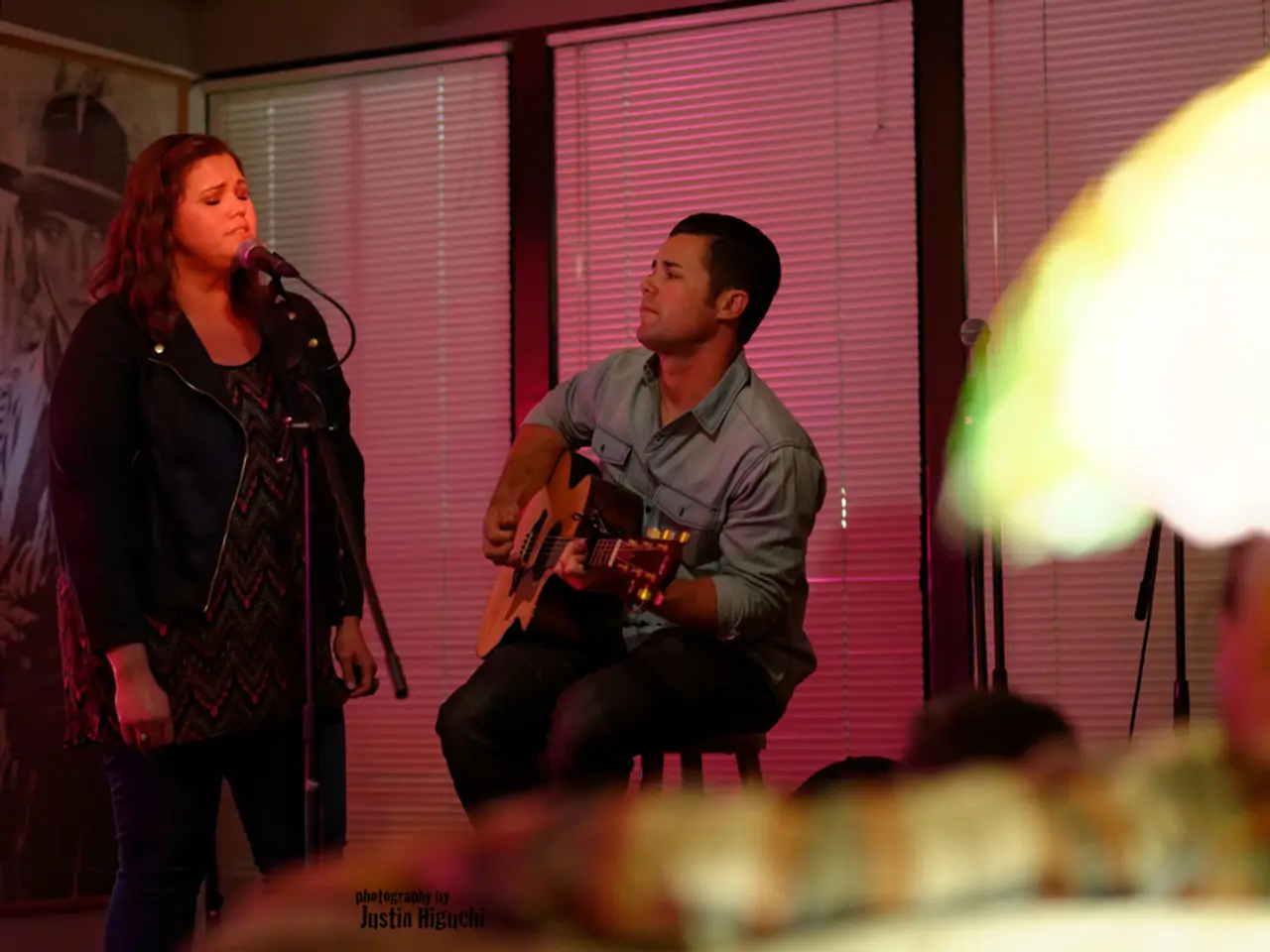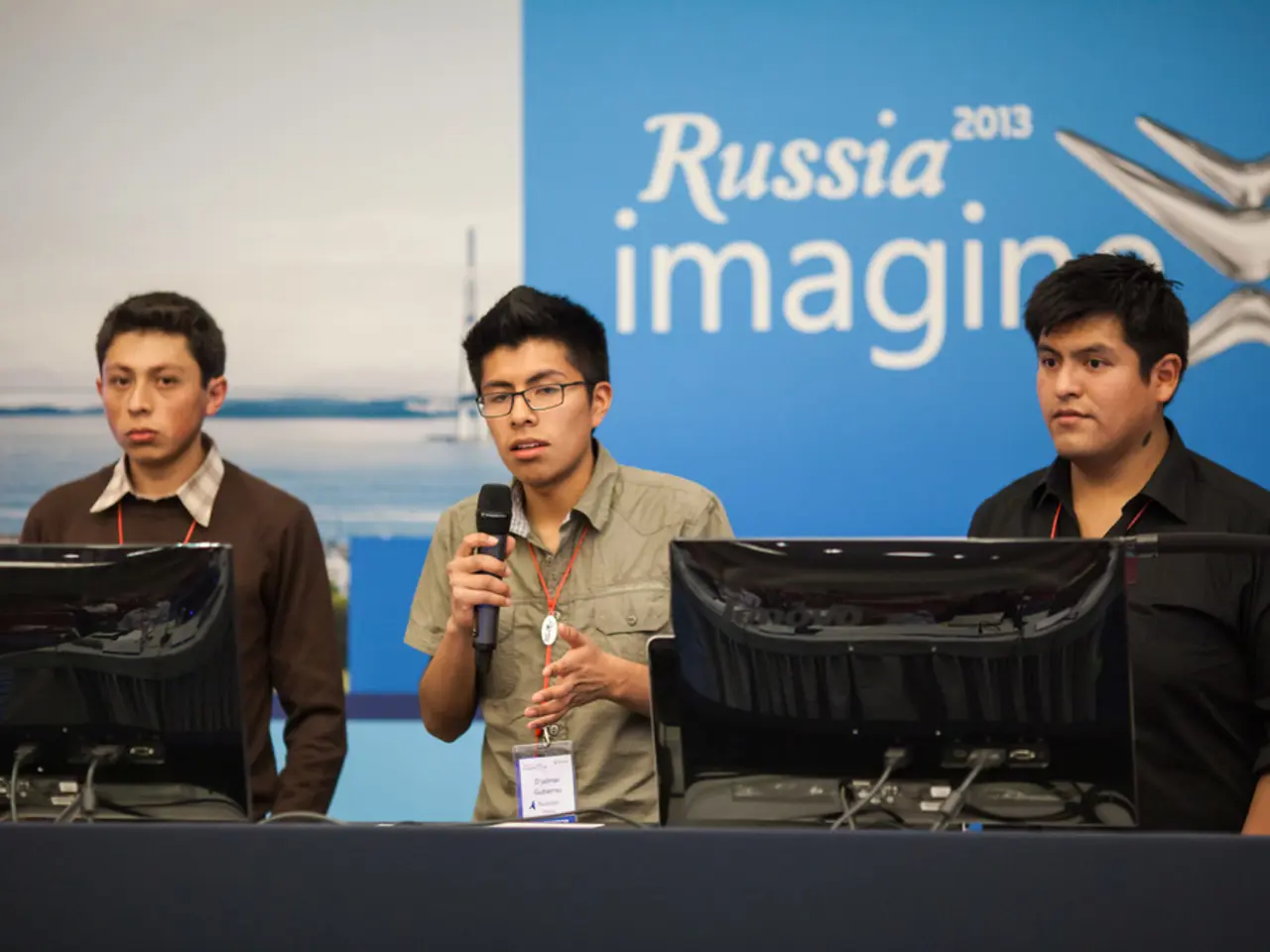Renowned conductor Sir Roger Norrington, known for his vibrato-free recordings that caused debate, passes away at the age of 91.
Sir Roger Norrington, a pioneering figure in the historical performance movement, has died at the age of 91. Known for his advocacy of period instruments and historically informed practices, Norrington left an indelible mark on classical music.
Born in Oxford into a musical and academic family, Norrington's passion for music was evident from an early age. He studied the violin from childhood and was a talented boy soprano. His academic pursuits led him to read English Literature at Clare College, Cambridge, where he also studied conducting under Sir Adrian Boult at the Royal College of Music.
In 1978, Norrington founded the London Classical Players, an orchestra dedicated to period-instrument performance. This ensemble, under his direction, revealed new sonic textures—crisp, transparent, and lively—that contrasted with the lush, slower Romantic-era interpretations common at the time.
Norrington's commitment to historical authenticity was evident in his approach to composers like Beethoven. He challenged traditional, slower tempos by applying Beethoven’s own metronome markings, restoring a sense of urgency and vitality to the symphonies. This approach was typified in his 1989 recording of Beethoven's Symphony No. 9, which featured a leaner orchestration and fleet pacing that highlighted the work’s revolutionary spirit.
Norrington also advocated for minimal use of vibrato, aligning with period practice and affecting the expressive quality of performances. This approach extended beyond Baroque music to include Classical and Romantic works played on both modern and period instruments, with an aim to uncover how music might have originally sounded.
Norrington's influence extended beyond the London Classical Players. He conducted more than 50 world premieres and regularly appeared with the Berlin Philharmonic, the Vienna Philharmonic, and other major orchestras worldwide. In 1984, he established the Early Opera Project with his wife, Kay Lawrence.
In 2021, Norrington announced his retirement and delivered his final concert at Sage Gateshead with the Royal Northern Sinfonia playing music by Haydn. The Orchestra of the Age of Enlightenment (OAE) released a statement in tribute to Sir Roger, praising his interpretation of Beethoven's 'Eroica' Symphony.
Sir Roger Norrington will be remembered as a music director much-loved by both musicians and audiences. His contributions to classical music, particularly in the realm of historical performance, will continue to shape the way repertoire is performed and understood for years to come.
[1] "Sir Roger Norrington, conductor who championed period instruments, dies aged 91." The Guardian. 2022. [2] "Sir Roger Norrington, Conductor Who Pioneered Period Performance, Dies at 91." The New York Times. 2022. [3] "Sir Roger Norrington." Grove Music Online. Oxford University Press. [4] "London Classical Players." The Strad. 2022. [5] "Historically informed performance." Grove Music Online. Oxford University Press.
- Sir Roger Norrington's legacy in classical music, marked by his advocacy of period instruments and historically informed practices, had a significant impact on entertainment, offering audience members an authentic glimpse into the orchestral sounds of the past.
- Beyond classical music, Sir Roger Norrington's influence was evident in his pioneering role as a music director, shaping the way numerous symphonies were performed and understood, thereby ensuring the continued vitality and entertainment value of the genre for future generations.







